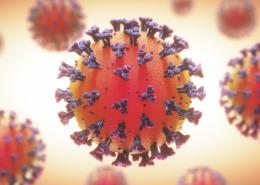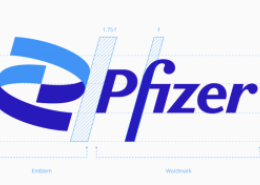A prototype Handheld Device that Analyses DNA to Predict How Patients May Respond to their Prescription Medication has Performed Well in a Preliminary Pilot Study, Researchers Announce Today.
Scientists at the Imperial College London spinout company DNA Electronics (DNAE) have successfully tested a prototype device that they have developed to determine if patients are genetically predisposed to suffering adverse reactions to prescription drugs. The team believe the success of the pilot study takes the device, the Single Nucleotide Polymorphism (SNP) DR (pronounced “Snip” doctor), one step closer to being used in the healthcare industry.
The SNP DR is a portable technology that gives real-time accurate on-the-spot test results for specific DNA sequences that may be used by doctors to indicate how people are likely to respond to certain drugs.
The SNP DR works by analysing genetic differences found in DNA called Single Nucleotide Polymorphisms (SNPs). These differences can indicate how people may respond to disease, bacteria, viruses, toxins and medication.
The SNP DR works by analysing the DNA in saliva samples, which are placed in a disposable cartridge and exposed to silicon chip sensors inside the device. Copies of SNPs are contained in the chip. If the device detects a match, a message is displayed on the SNP DR’s handheld console. The SNP DR will allow physicians to assess their patient in the GP clinic and tailor dosages and treatments accordingly, rather than sending samples to a laboratory for analysis, which is a costly and lengthy process that can delay therapies. At present, the real-time SNP Dr takes approximately 30 minutes to analyse a sample.
Professor Toumazou says the SNP DR could help doctors to assess patients at the start of treatments, which could reduce adverse reactions to prescription drugs.
Professor Chris Toumazou, Chief Scientist at the Institute of Biomedical Engineering at Imperial College London, who is also the founder and CEO of DNAE, says:
“We see the SNP DR as the perfect aid for doctors, helping them right at the start of treatments, before medications are prescribed to patients. If the most appropriate drug dosages could be determined at this stage, it could reduce the number of people admitted to hospital when medication goes wrong. Most importantly, it could also minimise the trauma and impact that repeat hospitalisations have on people, their families and the healthcare system.”
Researchers from DNAE collaborated with Imperial College London and the pharmaceutical company Pfizer to develop and test the SNP DR detection module under a £1.2M project part-funded by the UK government’s Technology Strategy Board, which began in 2008. Pfizer researchers supplied 26 DNA samples that had been analysed in a laboratory to determine their genetic make-up, providing the reference against which the DNAE team could compare their SNP DR results to. Because this was a blinded trial, the DNAE researchers did not know the results of the test performed on Pfizer’s samples until after they had completed the study.
In the pilot study, the team configured the device so that it could detect the CYP2C9*2 and CYP2C9*3 SNPs in the samples supplied by Pfizer. These SNPs indicate how people metabolise 20% of therapeutic drugs. The DNAE team used the SNP DR to determine which samples contained these SNPs and then compared the SNP DR data with the data from Pfizer. They correctly called a 100 percent of a small subset of the samples tested blindly.
The next stage will see the team further refining the technology so that more SNPs could be analysed by the SNP Dr at once. This would mean that SNP DR could detect more complex reactions to drugs. It could also enable the device to detect a range of diseases and bacterial infections in the GP surgery, by quickly testing a sample of someone’s DNA.








